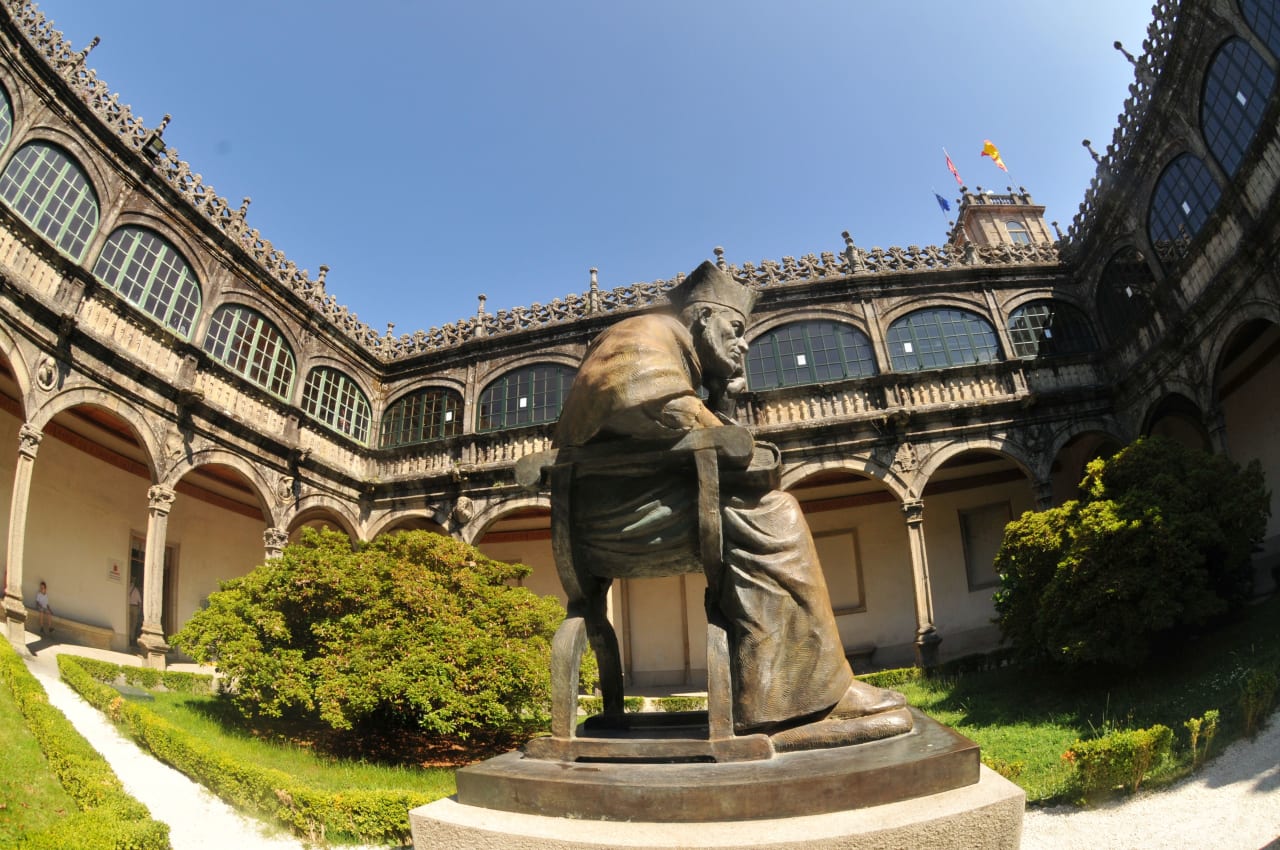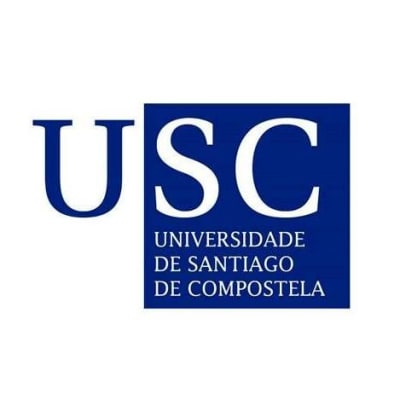
Master's Degree in Chemistry on the Border with Biology and Materials Science
Universidade Santiago de Compostela

Key Information
Campus location
Santiago de Compostela, Spain
Languages
English
Study format
On-Campus
Duration
18 months
Pace
Full time
Tuition fees
EUR 1,089
Application deadline
Request info
Earliest start date
Oct 2024
Introduction
This Master is a full-time degree designed to provide a multidisciplinary scientific and technological training in chemistry and its border with cell biology and materials science. Students will be exposed to a dynamic and international research environment, and will have the opportunity to acquire the practical skills and knowledge necessary to enroll in a PhD program and thus start a research career, or to enter the job market in different sectors. industrial (chemical, pharmaceutical, biotechnological, nanotechnological, etc.).
Curriculum
The Master is organized into 5 thematic blocks (modules), distributed over 3 semesters. The program ends with the preparation and defense of a Master's Thesis (30 ECTS), which will be developed in a CiQUS research group.
| Modules | Credits |
| Module I: Structural Characterization | 12 ECTS, mandatory |
| Module II: Biological Chemistry | 6 ECTS, mandatory 3 ECTS, optional |
| Module III: Functional Materials | 6 ECTS, mandatory 6 ECTS, optional |
| Module IV: Reactivity and Synthesis | 6 ECTS, mandatory 6 ECTS, optional |
| Module V: Investigation 1 | 48 ECTS, mandatory |
1Includes an Initiation Research Project (15 ECTS, to be carried out at CiQUS or in a foreign institution or collaborating company) and the Master's Thesis (30 ECTS), which will be developed at CiQUS.
In addition, students may choose a maximum of one elective subject (3 ECTS) from other master's programs.
Types of subjects to be taken
| Guy | ECTS |
| Mandatory 1 | 48 |
| Optional | 12 |
| Master's Final Project | 30 |
| Total | 90 |
1 Including the Research Initiation Project (15 ECTS)
The language of delivery of the master's degree is English.
It is a degree that is taught in person and full time.
Semester 1
The program consists of 9 compulsory subjects: the 4 subjects of Module I; 2 subjects from Modules II and III, respectively, and part of the subject "Tutored Training Activities", corresponding to Module V. The compulsory subjects of Module IV will be taught mainly during the first semester, although one of them will be extended during the second semester .
Semester 2
Students must take 4 optional subjects (12 ECTS) that they will choose from among the optional subjects offered in the study plan. During this second semester, students will also complete, within Module V, the mandatory subject "Research Initiation Project" (15 ECTS). This course offers students the opportunity for international or intersectoral mobility, as it can be completed in a foreign academic institution or in a collaborating company. Alternatively, they can develop this initial project in a CiQUS research group.
Semester 3
During this last semester, students will carry out the Master's Thesis (TFM, 30 ECTS), fully integrated into a CiQUS research group. Each student will work individually on a research project in the fields of Chemistry, Molecular or Cellular Biology or Materials Science. Students are expected to put into practice the multidisciplinary knowledge and skills acquired after studying modules I-IV and to develop general skills related to problem solving, decision making and critical data analysis. At the end of this subject, each student will write a final scientific report and will carry out the public defense of their TFM.
Gallery
Career Opportunities
Graduate students will have excellent employability expectations upon completion of the master's degree, and/or after expanding their training with a doctorate in a similar multidisciplinary field.
Thus, although the master's degree is preferably research-oriented, its graduates will also be able to opt for a more professional path, linked to the labor market, in different sectors with great projection (R&D and production laboratories in the chemical, pharmaceutical, biotechnological, nanotechnological, etc.).
Likewise, the professional profile associated with the master's degree will also be suitable for the integration of graduates into other types of companies dedicated to specialized consulting, or to promote entrepreneurship and participation in the creation of new technology-based companies.